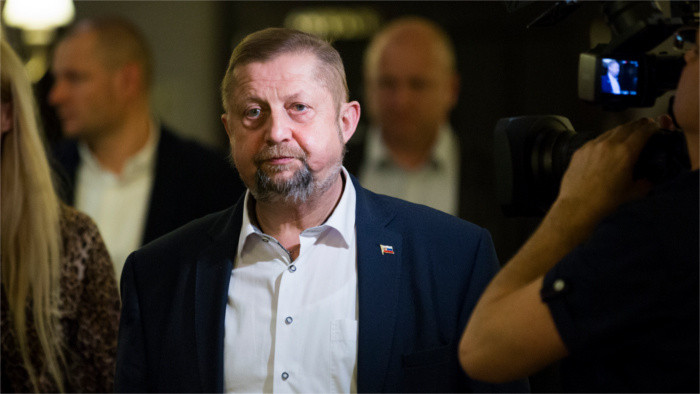The growing influence of disinformation and conspiracy channels was clearly reflected in the results of the first round of the presidential election, in which anti-system candidates Stefan Harabin and Marian Kotleba garnered 25 percent of the vote in total, according to an analysis drawn up by NGOs Globsec, MEMO98, STRATPOL and the Slovak Security Policy Institute. The data was collected between January 10th and March 3rd from 14 websites on a social network. These were either officially or unofficially linked to individual presidential candidates. The NGOs in their analysis noted 649 statuses dedicated to the presidential election. According to Globsec's analysts, the growing influence of such channels "is no surprise", as previous data have shown that among the Visegrad Four (V4) countries (Slovakia, the Czech Republic, Hungary and Poland), the Slovak population is the most prone to trusting disinformation.
The analysis discovered that as many as 84 percent of the posts were positive towards controversial Supreme Court judge Štefan Harabin, who came third in the first round with 14.3 percent of the vote. Liberal candidate Zuzana Čaputová, who finished top in the first round, was the most frequent target of an intensive disinformation campaign, especially after Robert Mistrík decided to give up the presidential race in her favour. However, the analysis also shows that far-right leader Marian Kotleba has begun to be viewed rather negatively - as a person who divides anti-liberal democratic votes, thereby damaging the so-called "national interest".


